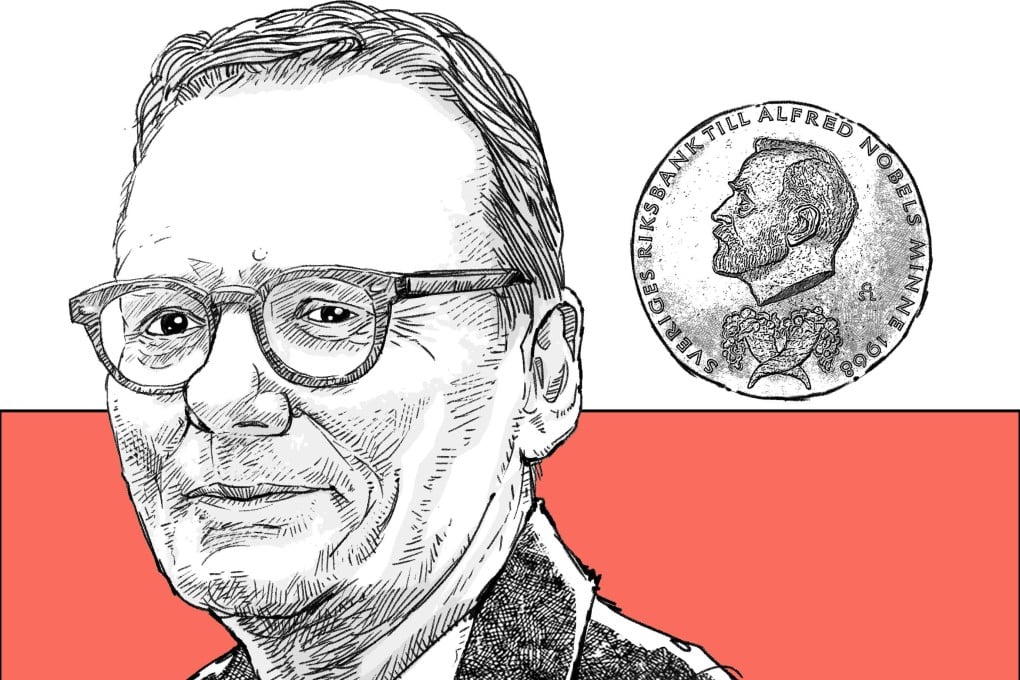Open Questions | Nobel-winning economist James Robinson on China’s place in his theory of institutions
Nobel laureate discusses his work on ‘inclusive’ vs ‘extractive’ institutions and how China fits in

Robinson, Acemoglu and Johnson have written extensively on the relationships between political and economic institutions and wealth. They argue that states with “inclusive institutions” that uphold the rule of law and property rights – as opposed to “extractive” ones – lead to economic success.
Some argue that your theory of a relationship between an inclusive society and prosperity is unable to explain “the China model”.
One common argument is that China reported average gross domestic product growth of 6 per cent to 7 per cent for a decade before slowing down and setting GDP growth targets of around 5 per cent. When compared with the United States, the nominal GDP growth of China may be decreasing, but when compared with all other democratic economies, it is increasing. How does this fit in with your theory?
